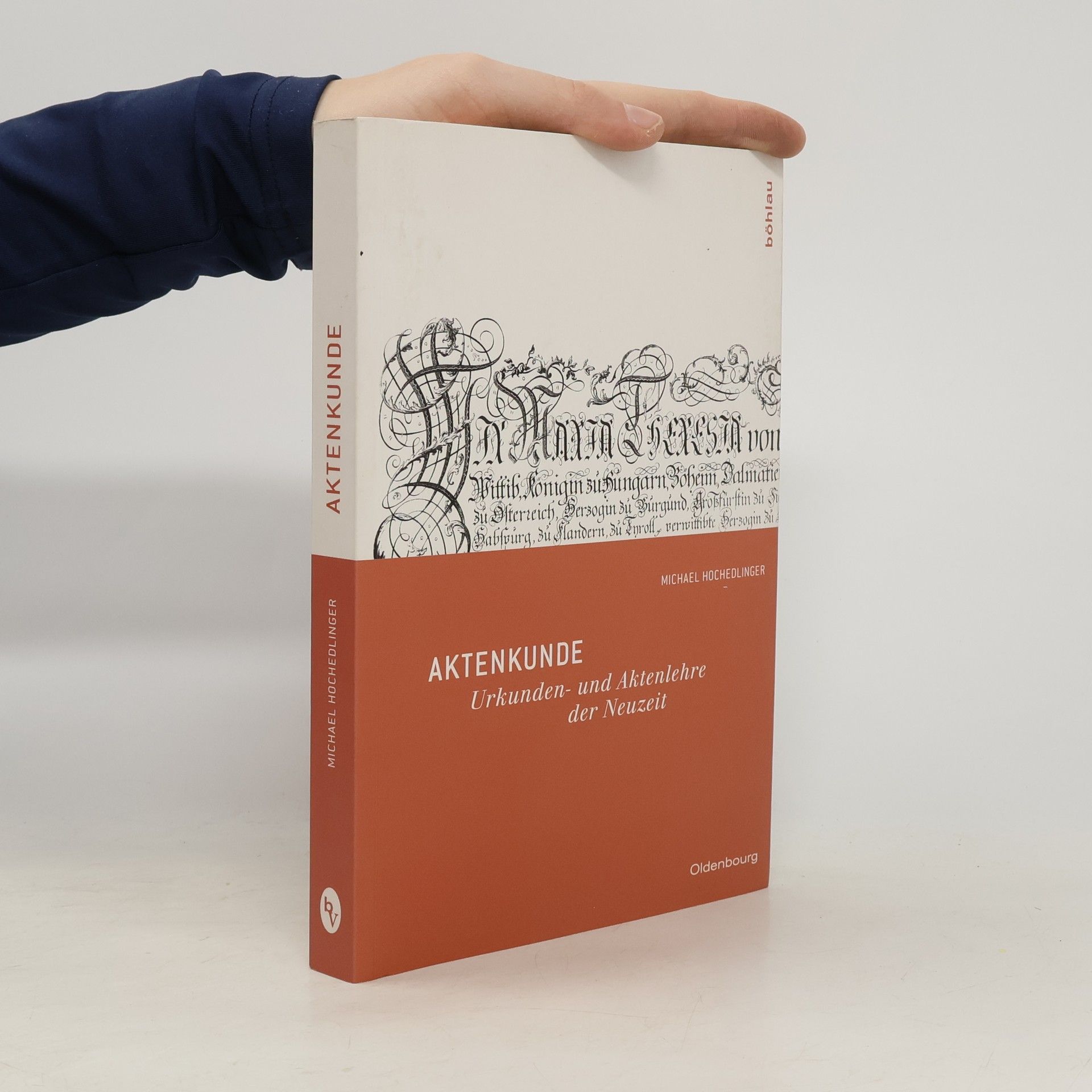Verwaltungsgeschichte der Habsburgermonarchie in der Frühen Neuzeit
- 1308 pages
- 46 hours of reading
Der erste Band des umfassenden neuen Handbuchs ist dem Kaiserhof, den Zentralbehörden der Monarchie und dem Verhältnis zwischen dem Kaiser, seinen Erbländern und dem Heiligen Römischen Reich gewidmet. Die Darstellung der Entwicklung des Kriegswesens, des landesfürstlichen Finanzwesens sowie der Kommerzbehörden und des Postwesens erfolgt in eigenen Abschnitten. Weitere Beiträge befassen sich mit der territorialen und demographischen Entwicklung, den dynastischen Erbfolgeregelungen und dem länderspezifischen Thronfolgerecht sowie dem Adel in der Habsburgermonarchie. 60 ausgewiesene Fachleute aus sieben Ländern führen die in unzähligen Publikationen und etwa einem Dutzend Sprachen zerstreut vorliegenden einschlägigen Forschungen zusammen und lassen auch ganz aktuelle Forschungsergebnisse in das Handbuch einfließen.

